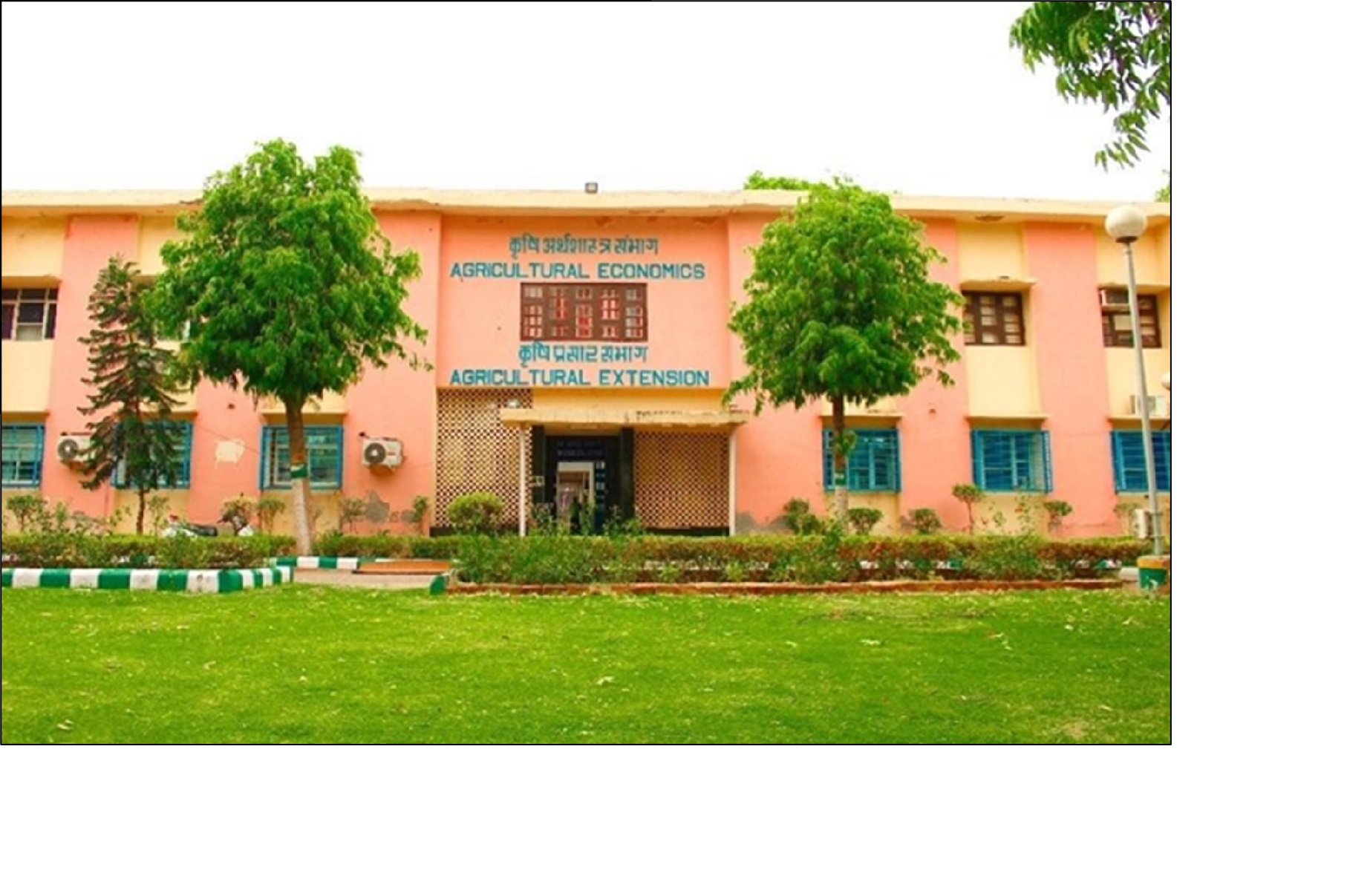भा.कृ.अ.प. - भारतीय कृषि अनुसंधान संस्थान | ICAR-Indian Agricultural Research Institute
| English | || || |
भा.कृ.अ.प. - भारतीय कृषि अनुसंधान संस्थान | ICAR-Indian Agricultural Research Institute
| English | || || |

The Division of Agricultural Economics, established in 1960, is a key constituent of the School of Social Sciences at the Indian Council of Agricultural Research-Indian Agricultural Research Institute (ICAR-IARI). With a mandate to excel in research and postgraduate education, the division has made significant contributions to agricultural policy through both basic and applied research. Recognized as an ICAR Centre of Advanced Faculty Training (CAFT) since 1995, the Division has strengthened agricultural economics and policy research capacity, benefiting 679 researchers through 35 training programs on contemporary topics. Its research focus has evolved to address emerging challenges in agriculture, transitioning from early studies on farm business analysis and resource allocation to contemporary areas such as the impact of agricultural technologies, policies and innovations, price forecasting and market outlooks, the potential of secondary agriculture and trade, agricultural production systems and natural resource use, and climate change effects, mitigation, and adaptations.
Current research thrust areas of the division include,

· Conducting applied research in agricultural economics.
· Engaging in postgraduate teaching, research, and capacity building.
· Developing and strengthening collaborative linkages with national and international organizations in mutually relevant areas of research and postgraduate education.